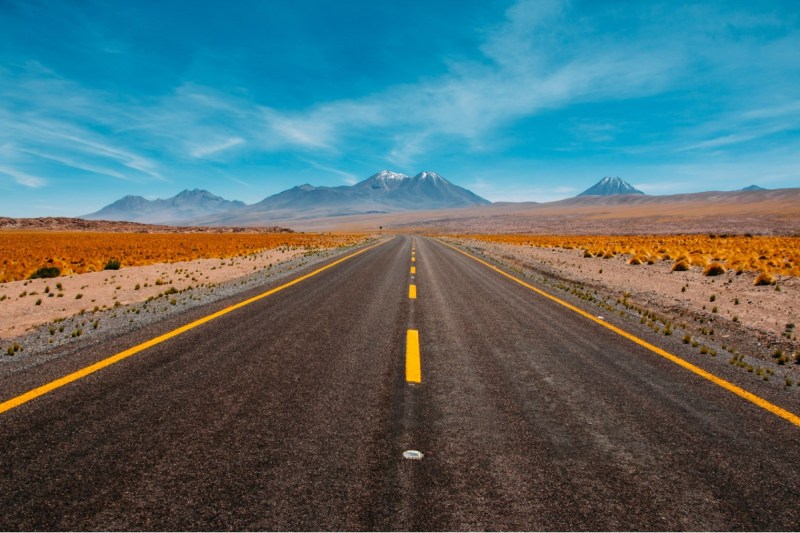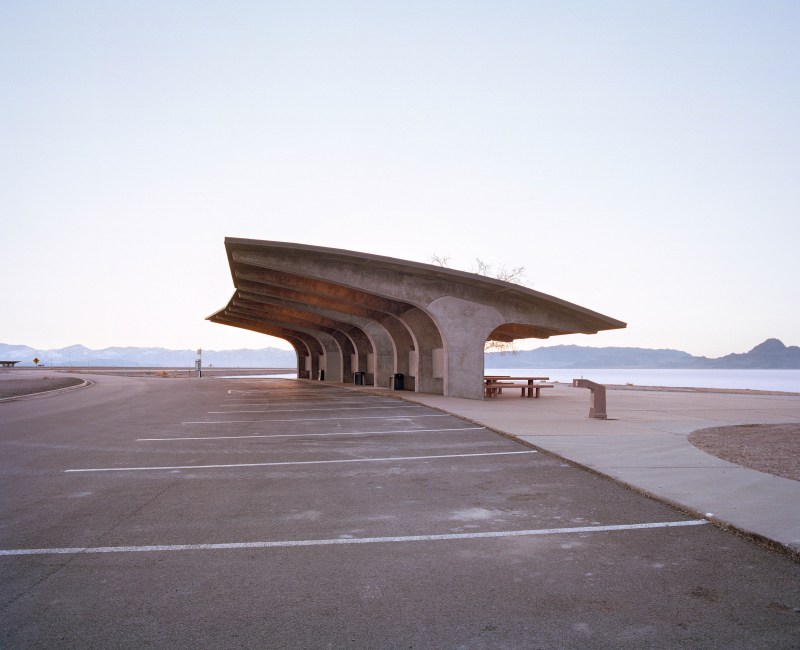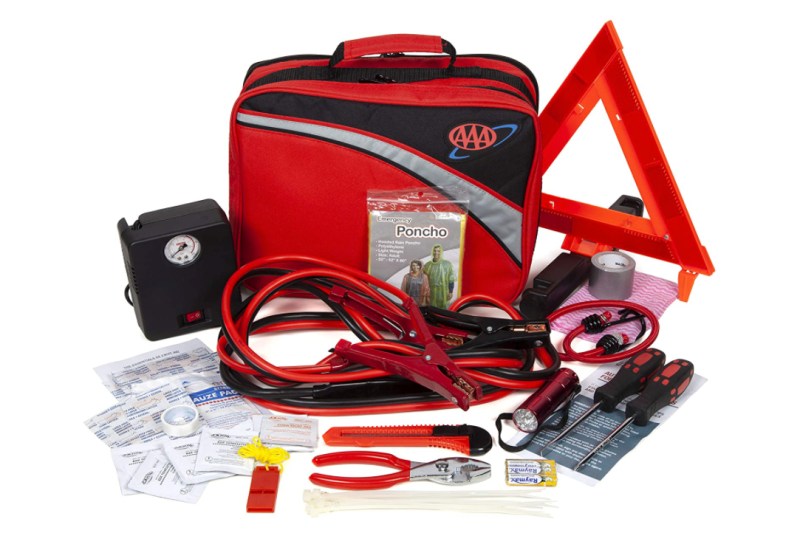
For several months I was road-tripping my way through the Pacific Northwest, through Western Canada — Vancouver to the Badlands (Drumheller, in particular) to Banff to Jasper then back down via Glacier and Whistler — and while that long list of destinations implies the more exciting aspect of life on the road, the reality that the van life Instagrammers don’t show is that it tends to be something of a slog. Tedious at times, stressful in others, with plenty of distance between the things you actually hit the road to see in the first place, you learn as you go how to alleviate the most aggravating aspects of what more or less amounts to living in your car for weeks or months on end.
It takes experience to learn how to deal with the long miles cruising the asphalt, the nightly search for places to rest your head, and the endless array of practical tasks you’ll have to manage as you go along. Here we’ll discuss a few such strategies for success on the road. In the past several years, I’ve road-tripped nearly 40,000 miles across the U.S., Mexico, and Canada, and here are a few road trip mistakes I will never make again.

1. Packing too much stuff
When you’re initially packing, it seems like a smart idea to bring along all the comforts, conveniences, and “just-in-case” possibilities you can. But down the road, you’ll find that you’re only using a fraction of all the crap you now must dig through every time you need to find anything. Locating a can opener turns into fifteen minutes of riffling through a box of fancy camping kitchen gear that you’ll be too mobile to deploy. That doesn’t mean you should toss out emergency items, but I can tell you that many comfort items will not be worth the space they take up.
Load up your vehicle a few days before your journey with all the reasonable and stupid things you think you’ll need but absolutely won’t, then cut out 40% or more. Really, Marie Kondo, all that junk. It’s only going to waste time, space, and fuel efficiency.

2. Not taking breaks
Once I get my momentum up, I hate to let it stop. This is especially the case when I have a long distance to cross, like when I’m trying to blast ten hours in a day. Early in such a marathon, it makes sense, but it doesn’t dawn on you until it’s too late — half a day later once you’ve worn your eyes and your nerves raw and you’re barely paying attention to the road at all anymore — that this was a mistake.
Taking the occasional break not only gives you a must-needed rest, but ensures that you actually experience the landscape you’re cruising through. It’s worth the lost hour or so over the course of the day.
My goal for these long drives is to stop at least once every two hours and to try to get in at least one longer stop, during which I take a walk or otherwise do something active. A short hike is an ideal option.

3. But also taking too many breaks
On the other hand, it’s entirely possible that you will overcorrect and stop so often that you never get where you’re going. This is a particular concern when you’re attempting to see a vast region in a relatively short amount of time.
Sometimes you need to cover ground, above all else. Before your trip, take a minute to choose the essential experiences along your route, and schedule milestones that must be hit by certain dates. Fly by the seat of your pants between those fixed points, but when their time on the calendar comes, be sure you’re there.

4. Going straight for the popular iOverlander spots
The iOverlander app is a great way to find on-the-fly camping opportunities. Primarily used by the van-life crowd, it shows you where to find wild and established campsites along your route. Some have bare-bones information and a single review, while others have plenty of photos and dozens of reviews.
Don’t waste your time on the most popular sites. They’re usually popular for a reason, like a good view, but that popularity means that you’ll more likely end up camping alongside a bunch of other vehicles, or not finding space at all. I can’t tell you how many times I’ve bounced my way up some long gravel road, only to find that the amazing site I’m seeking is full of rowdy campers.
A better strategy involves risking the places with decent but fewer and less ecstatic reviews. For every time I’ve been unable to stay at one of the hot spots, I’ve chanced a site with no photos and a single tepid review only to find that I have some glorious corner of nature all to myself.

5. Forgetting to download tunes
These days most people listen to music via streaming services, which — while hyper convenient — becomes impossible the moment you drive out of phone service. That’s when you realize, that for some reason, the only albums you’ve downloaded are the ones you least enjoy listening to.
Spend some time downloading your favorite albums before you hit the road. I’m not just talking about a few. Get a wide range of artists so that you’ll have plenty to listen to on the long drive between here and there.

6. Being lax with vehicle maintenance
On a road trip, your car can be your best friend or your worst enemy. It all comes down to how much care you have put into it. A road trip with a “beater” that hasn’t been to a mechanic in years might leave you with a far different experience than a trip with a rugged vehicle you know you can count on. I mentioned it earlier: never count on cell service to be everywhere you go. Dropping off the grid might seem idyllic — right up until you’re stranded because nobody has looked your car over and patched it up in years.

7. Forgetting to have a plan for emergencies
Don’t forget to have the following in your vehicle:
- Tire gauge
- Extra batteries for whatever electronics you have
- An extra car battery or a car battery charger
- Jumper cables
- Extra water
- Energy snacks
- First-aid supplies
- Thermal blanket (if you don’t already have many blankets in the car)
You can find most (or sometimes all) of these items at any camping store. And whether you have them can be critical in the right moment. Solar chargers can also be helpful — here’s an article that goes over my thoughts.
Here’s another travel tip: Make sure you have a spare tire with you. And just as importantly, have both the gear and know-how to change it yourself on the side of the road. Few things can put a damper on your trip, like needing to wait hours outside of a cell signal to wave down a passing car.
Spending time on the road can be an amazing experience, as I have learned. So many life experiences are out there to be had, and plenty of adventure as well, waiting for you to seize.



